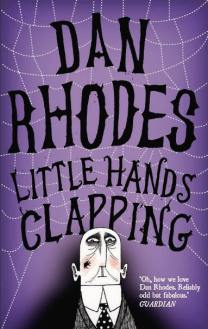The loneliness of the long distance salesman
If only E. M. Forster hadn’t beaten him to it by exactly a century, Jonathan Coe could have coined the enigmatic phrase ‘only connect’ in this novel. If only E. M. Forster hadn’t beaten him to it by exactly a century, Jonathan Coe could have coined the enigmatic phrase ‘only connect’ in this novel. Maxwell Sim cannot connect at all. A depressed salesman approaching 50, he is adrift from his father, who moved to Australia 20 years ago, from his wife, an aspiring writer who left him to live in the Lake District, and from his daughter, who hardly speaks to him. He has 70 Facebook ‘friends’, but they are



